Drought Drives Economic Exodus From Iraq's Rivers And Marshlands
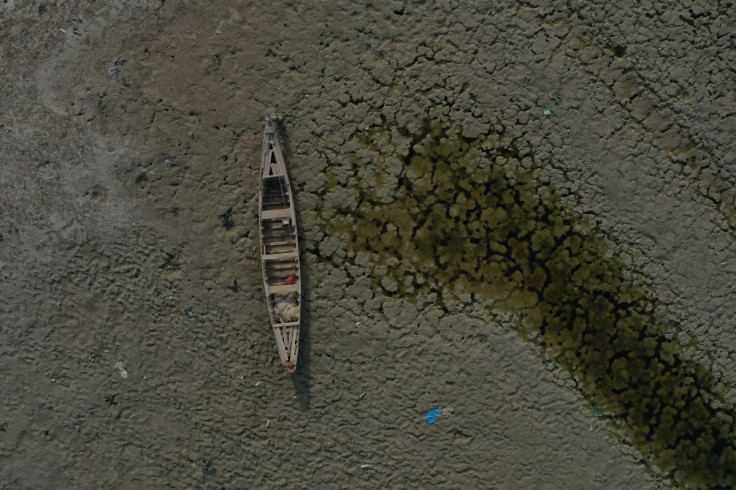
On a sun-scorched shoreline in Iraq's southern marshlands, fishermen stood shovelling a grim catch: tiny fish gathered dead from the water, fit only for use as animal fodder.
Locals once lived self-sufficient lives in the vast freshwater areas that make up the UNESCO-recognized Iraqi Marshlands, filling their nets with varieties of fish and keeping large herds of water buffalo.
But in recent years, droughts in the rivers that feed the marshes have led them to recede and turn brackish as the nearby sea infiltrates, leading to the disappearance of fish and threatening a way of life that goes back centuries.
"The fresh water is finished," said Khamis Adel, a lifelong fishermen and indigenous Marsh Arab from Al-Khora in Basra.
"There used to be many kinds of fish but now it's all gone, due to the lack of water and salinity and the dams that were built," he said.
He stared out at the arid landscape, believed by some to be the inspiration for the Garden of Eden, but now greyish-brown, dotted with abandoned wooden skiffs and the bleached bones of water buffalo that could not withstand thirst and hunger.
"Where do we go now?"
It's a question asked by many who once lived off Iraq's marshlands, rich waterways which gave birth to civilization in ancient Mesopotamia.
MIGRATION
Across the country, fishermen, farmers and boat-builders, among others, are giving up on lives that depend on water and are seeking jobs in urban areas, where unemployment is already high and discontent triggers frequent protests.
As of September last year, the U.N's International Organization for Migration said more than 62,000 people had been displaced across Iraq due to drought conditions over four years, a figure likely to increase as conditions worsen.
Iraqi officials and locals say the changes are driven by a perfect storm of factors - upstream damming of rivers by Turkey and Iran, mismanagement of water resources, heavy pollution of rivers and man-made climate change that has led to less rain.
As the rivers and marshlands dry out, so too does the economy that they sustain.
In a country where most of the economy is state-led, this means more people are seeking government jobs, putting further pressure on oil-dependent finances that the former finance minister said pay salaries to 7 million workers.
Mohsen and Hasan Moussa are brothers who used to live off fishing the Euphrates River in Najaf, as their ancestors did.
Hasan gave up the trade years back, instead choosing to drive a taxi and sell geese for slaughter by the roadside, but is still struggling to make ends meet.
"The drought ended our future," he said.
"We have no hope, other than for a (government) job, which would be enough. Other work doesn't fulfil our needs."
His brother still tries to make a living on the river, now shallow and foul with sewage, but says the catch of up to five kg (11 pounds) a day - compared to up to 50 kg in the past - may soon drive him away.
"Now a fisherman is nothing, they are like beggars," he said, pushing his boat along the canal in humid heat.
'WE HAD EVERYTHING'
Less fishermen means less work for Naame Hasan, a boat-maker who once employed up to 10 workers to build more than a half-dozen wooden boats per month, but now toils alone at his dusty workshop, simply trying to cover his own costs.
A pencil behind his ear, he works a band-saw to sculpt tree trunks into the wooden ribs of a traditional skiff, then nails them in place.
"There used to be more demand for the boats because water levels were higher - and there was fish in the water," he said, adding he had not shifted work because he - like many working by Iraq's waterways - did not know how to do anything else.
Adel al-Batat, in his late 60s, has struggled to find work since he was initially displaced from marshlands when Iraq's former leader Saddam Hussein drained vast parts in the 1990s to flush out rebels.
Even after the 2003 U.S. invasion, when parts of the marshes were flooded again, water levels did not fully recover.
"No-one over there is used to city work," he said from his simple concrete home on the edge of the city of Basra, lamenting the need for money to buy goods when the water used to provide for him and his family.
"We had everything," he said.
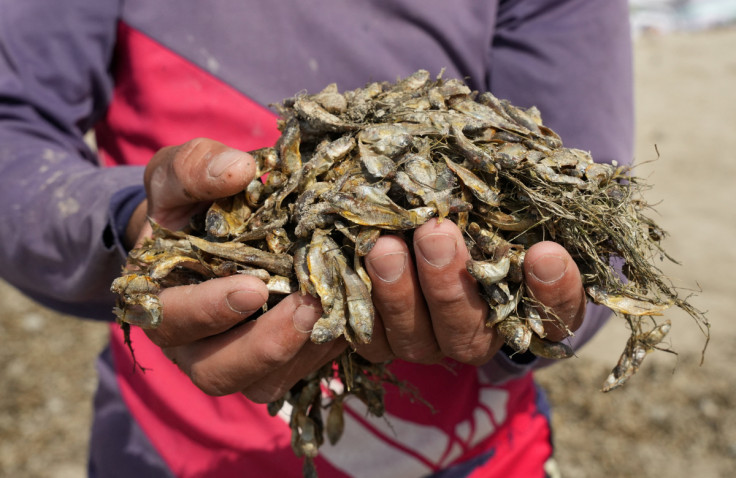
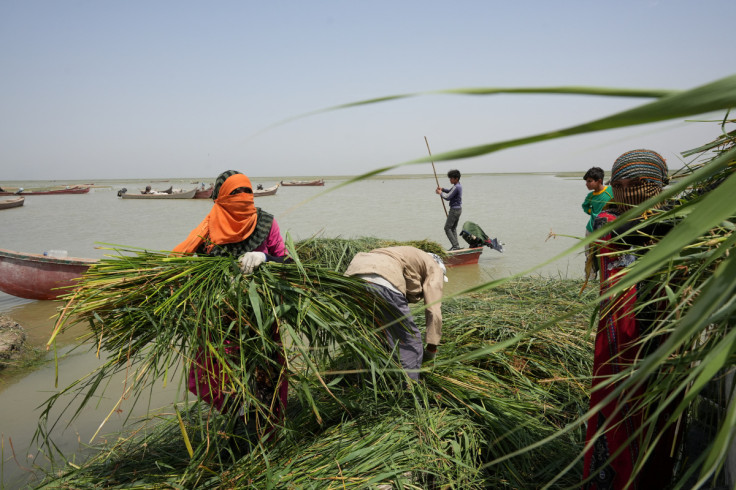
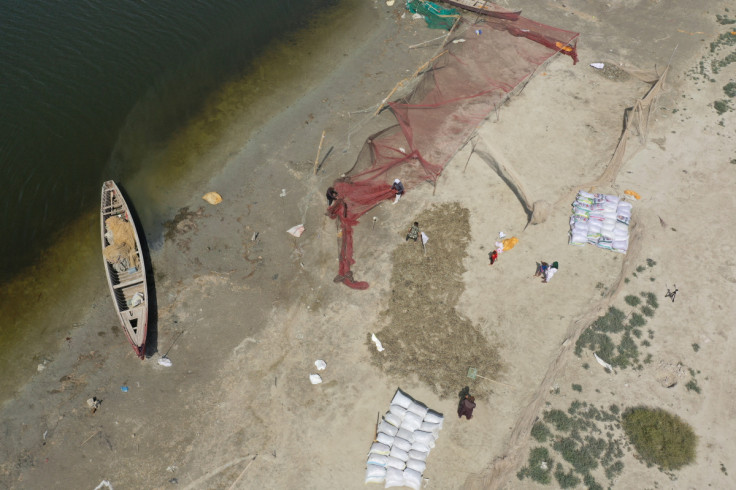
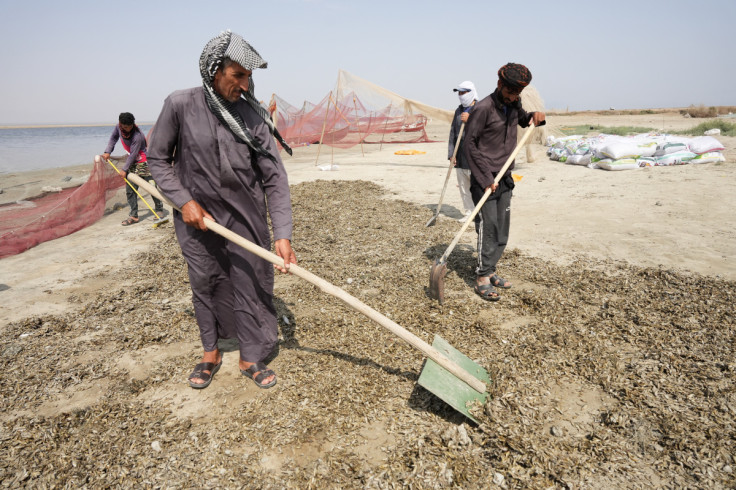
© Copyright Thomson Reuters 2024. All rights reserved.





















